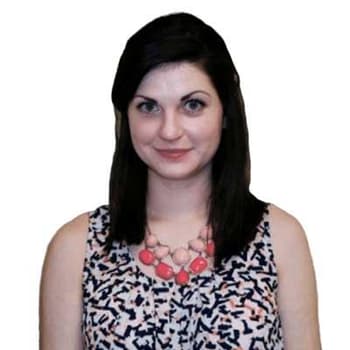Schizoid personality disorder is frequently found to be co-morbid with substance abuse. Substance use may mask some symptoms of schizoid or, on the other hand, intensify them.
Schizoid personality disorder is relatively rare, affecting around 4 percent of the total United States population. Of this small section of the population, however, substance abuse is highly prevalent. Schizoid personality disorder occurrs with substance abuse as affected individuals attempt to self-medicate to deal with their symptoms.
Drug Abuse as a Hindrance to Schizoid Personality Disorder Treatment
Drug abusefrequently co-occurs withschizoid personality disorder, which can prevent progress with treatment. If a person continues to use drugs, they are unlikely to be able to make the necessary changes to reduce their symptoms. In some cases, specific symptoms related to using specific drugs may even mimic traits of schizoid personality disorder or other mental health disorders, making it difficult for the clinician to provide treatment effectively. For this reason, it is always recommended to seek substance abuse treatment first and then delve into treating the personality disorder.
Effects of Substance Abuse on Schizoid Personality Disorder
Schizoid personality disorder is frequently found to be co-morbid with substance abuse. Substance use may mask some symptoms of schizoid or, on the other hand, intensify them.
Schizoid Personality Disorder and Alcohol
Alcoholis frequently the substance of choice for people with schizoid personality disorder because of the ease of access. Those with schizoid personality disorder who drink to excess may even feel that drinking enhances their “internal life,” allowing them to enjoy their own company more thoroughly.
Treatment Can Be Life Changing. Reach out today.
Whether you are struggling with addiction, mental health or both, our expert team is here to guide you every step of the way. Don’t wait— reach out today to take the first step toward taking control of your life.
Schizoid Personality Disorder and Marijuana
Some have argued thatmarijuanause by a person with schizoid personality disorder permits their personality disorder symptoms as the detachment from others is stereotypical of the drug’s use. The increase in fulfilling inner experiences caused by marijuana use may seem to counteract some of the feelings of emptiness typically felt by someone with schizoid personality disorder.
Schizoid Personality Disorder and Stimulants
Due to the relatively low energy of people with schizoid personality disorder, patients may find they enjoy the use ofstimulantsas these can increase their energy levels. For some, the use of stimulants may even make them feel as if they are better able to function in society.
Treating Schizoid Personality Disorder and Co-occurring Substance Abuse
Whentreating co-occurring substance use disordersalong with withschizoid personality disorder, it is essential first to address the substance use. The patient is better able to make positive strides in treatment and recovery if their drug use is halted. By discontinuing drug use, it will better allow an individual to focus on treating their personality disorder symptoms fully concentrate.
- Cognitive Behavioral Therapy (CBT)is commonly used to address how thoughts, feelings, and behaviors impact each other. Theuse of CBTis helpful in both addressing substance use disorder and addressing thoughts and beliefs about the outside world by the schizoid personality disorder patient.
- The Matrix Modelof treatment combines more common therapies with psycho-education and participation in self-help or peer-support groups.
If you or someone you know is struggling with substance abuse and schizoid personality disorder, help is available. At The Recovery Village, a team of professionals creates individualized treatment programs for substance use and co-occurring disorders to suit your needs. Call andspeak with a representativeto learn more about which program could work for you.








